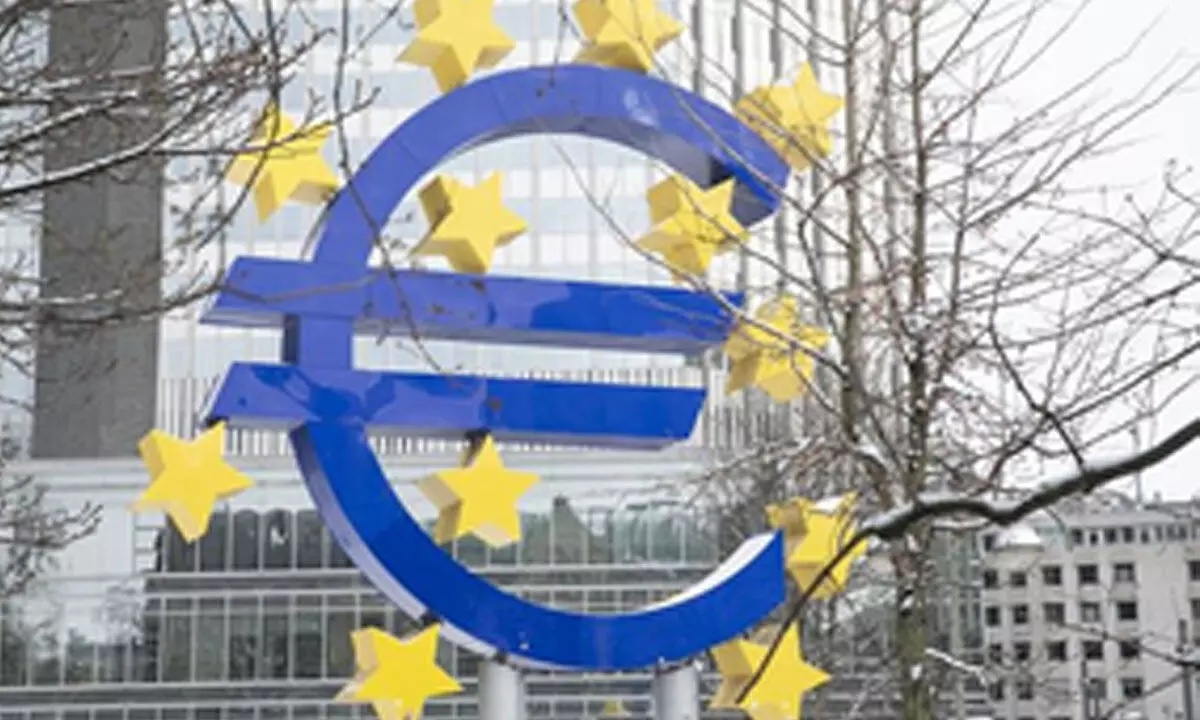Eurozone inflation to reach 2.6 per cent in July: Eurostat
Share :

Yearly inflation in the eurozone is expected to reach 2.6 percent in July, up from 2.5 percent in June, according to preliminary data published on Wednesday by Eurostat.
Brussels: Yearly inflation in the eurozone is expected to reach 2.6 percent in July, up from 2.5 percent in June, according to preliminary data published on Wednesday by Eurostat.
The European statistics agency said that the price of services is the driving force of inflation, with a year-on-year rate of 4 percent in July, down from 4.1 percent last month. July's yearly inflation for food, alcohol, and tobacco stands at 2.3 percent, down from 2.4 percent in June. Meanwhile, energy prices recorded a year-on-year inflation rate of 1.3 percent in July, up from 0.2 percent in June and non-energy industrial goods saw yearly inflation increase from 0.7 percent in June to 0.8 percent in July.
Countries with the highest inflation include Belgium, with a 5.5 percent inflation rate, Estonia and the Netherlands with 3.5 percent, and Croatia with 3.4 percent. Conversely, the lowest inflation rates were recorded in Finland with 0.6 percent, Latvia with 0.8 percent, and Lithuania with 1.1 percent.
Peter Vanden Houte, a chief economist at ING, called July's 2.6 percent inflation rate disappointing. This bump in an overall disinflation trend could lead the European Central Bank (ECB) to reconsider cutting rates in September, he said, Xinhua news agency reported.
Noting that the ECB will be scrutinizing the service inflation rate, Vanden Houte explained it is the most domestic rate and very sensitive to wage increases. "Services inflation did come down - but only marginally, to 4 percent from 4.1 percent in June," he added.
Regarding energy, Vanden Houte noted that the base effect would continue to have a volatile impact during the second half of the year. The inflation rate for energy prices went from negative during the first quarter of 2024 to 1.3 percent in July.
The ECB cannot say yet that the inflation battle has been won, Vanden Houte said. However, based on survey data, he predicted a continuation of disinflation.
Six weeks are remaining before the ECB decides on cutting rates. The ECB left interest rates unchanged at its meeting earlier this month. This followed a major policy shift in June, when it reduced rates by 25 basis points, marking its first cut since September 2019.Eurozone inflation to reach 2.6 per cent in July: Eurostat













